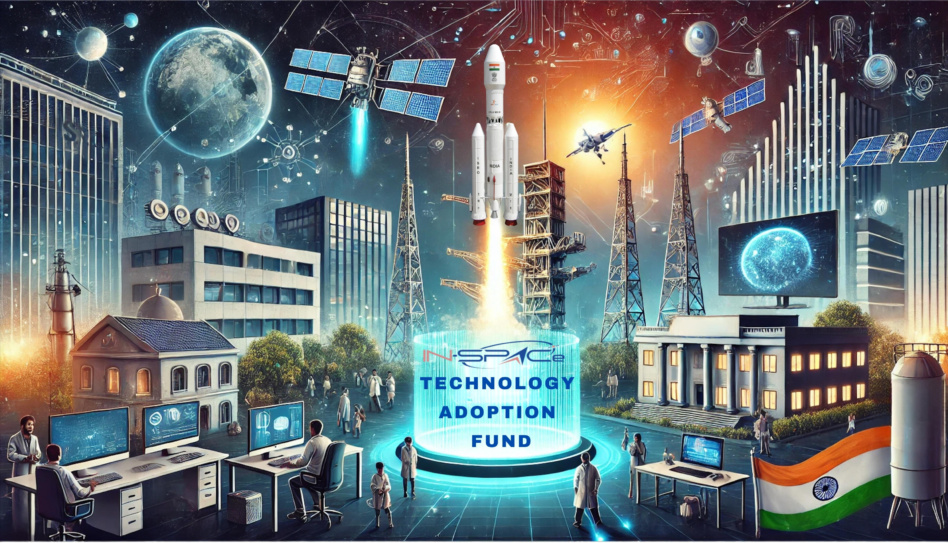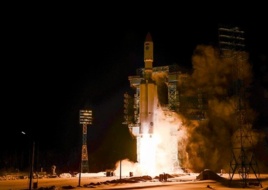The Indian government office charged with promoting the country’s space industry is investing ₹5B ($57.7M) to accelerate the country’s commercialization of space and drive more homegrown businesses to compete on the world stage.
The Technology Adoption Fund, established by the Indian National Space Promotion and Authorization Centre (IN-SPACe), is focused on providing Indian space startups with the capital to move from early-stage technologies to commercially viable products. It will cover 60% of projected mission costs for startups and 40% of costs for large industry recipients, in addition to offering technical support and mentoring on the path to commercialization.
Gold rush: With a maximum investment of ₹250M ($2.9M) per grant, the fund will be able to support at least 20 space commercialization projects. The fund follows the creation of a ₹10B ($115.5M) venture capital fund to back space startups announced in July. Both programs are driving toward the country’s goal of capturing 8% of the global space market and creating a $44B space economy by 2033.
The Technology Adoption Fund is open to the entire space ecosystem, from EO, navigation, and communications satellites, to launchers, ground stations, and SSA capabilities.
However, Pawan Goenka, IN-SPACe’s chairman, identified four areas where India can capitalize on its strengths to carve out global market share.
- Small satellite launches
- Small satellite manufacturing and design
- Ground stations
- Data services
Headway: India has already made significant progress in advancing its commercial space program.
The country has loosened regulations to open up more of its space ecosystem to private operators. It authorized Dhruva Space and Azista BST Aerospace to begin setting up the first commercial ground stations in the country. It’s also well on its way to having a suite of small satellite launch vehicles (SSLVs) to boost its sovereign launch capabilities.
“Our target is to conduct 25 small satellite launches per year across three vehicles, securing a major share of the global market,” Goenka told the Economic Times, referring to Skyroot’s Vikram rocket, Agnikul Cosmos’ Agnibaan two-stage launcher, and ISRO’s SSLV.




